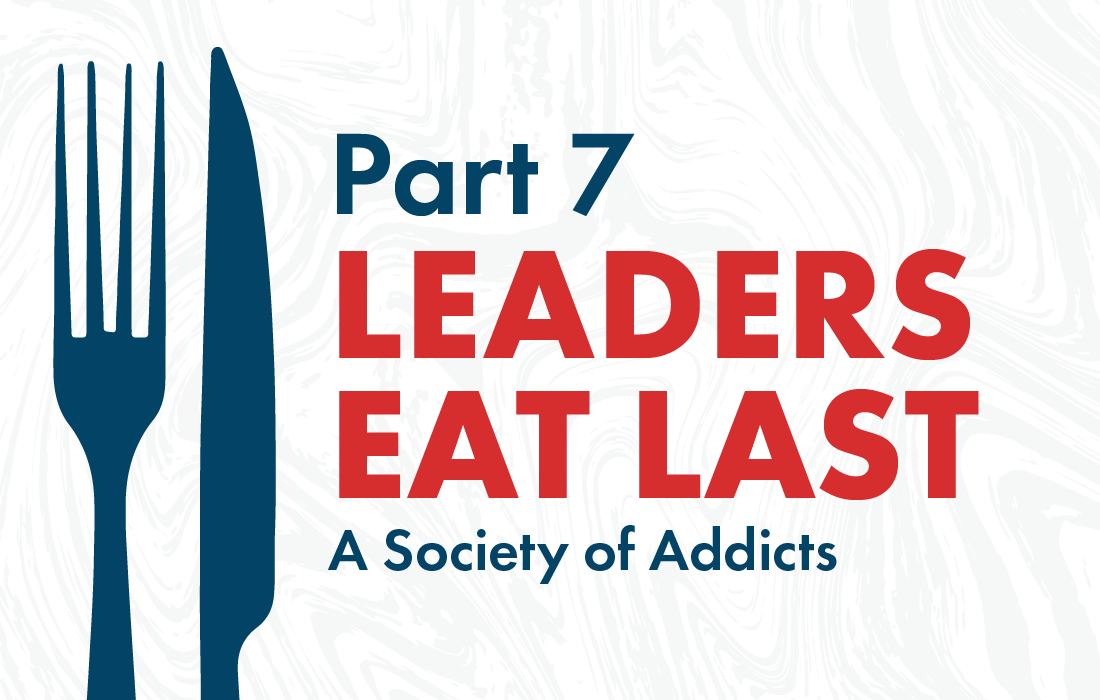
Part 7 of Leaders Eat Last focuses on digital addiction, instant gratification and how that is harming our ability to communicate effectively in our organizations. Read along to see how Optus employees reacted to Part 7.
TAKEAWAYS
The main theme of Part 7 is how current generations are addicted to social media, being on their phones, and instant gratification. This removal of face to face interaction in business can cause communication issues and decrease our likelihood of building lasting relationships.
FAVORITE QUOTES
- “In healthy organizations, as in a healthy society, the drive to win should not precede the desire to take care of the very people we claim to serve.”
- “How a young person chooses to spend their time will have a profound effect on what their brain will be like for the rest of their lives.”
- “Eat dirt, it’s good for you.”
- “It’s the camaraderie and shared purpose, as much as the milestones we set, that give our lives meaning.”
- “And like our inability to see the forest from the trees, sometimes we can’t see beyond the system.”
- “At the center of all our problems is us.”
DAY-TO-DAY
Our employees had a lot of great ideas for how they could implement ideas from Part 7 into their day-to-day lives.
- Understand the impact your decisions and words may have.
- I need to be less distracted.
- Remembering that at the center of all of our problems is us. However, we are also our own best hope.
- I am a Millennial who works primarily with and for non-Millennials. We can either write off each other’s behavior or methods as a generational gap or we can try and look at the historical cause of that behavior and strategize how best to interact or work with others (even other millennials). It isn’t that any one of us is better, but to be successful we need to try to view things from different perspectives.
LEAD THE WAY
Being a leader means more than being in a management position. Leadership can take many forms, whether at work or at home. Some great ideas for how to improve your leadership skills from Part 7 include:
- I’d want to develop a team that understands our goals, not just the numbers, but our charter as a corporate community. If you treat an employee as a metric, a sales number, there’s no community, no vision. It’s shortsighted, and bound for failure — unless your mission is high turnover. A community is the long game; it’s built on knowledge sharing, trust building, and continuous momentum towards a common goal.
- Take more pride, time, and effort in my daily task to not only make things work better for me but for everyone around me.
- Understand how every decision or task can impact your team. It is not a one size fit all world we live in.
- Learn from your mistakes, and lead by forgiving your team when they make mistakes too.
- Don’t always just focus on the numbers but instead pay more attention the actual work that is being done.
- Look for ways to help more and blame less.
SUM IT UP
- Point of view
- Addicted to me
- Face to Face
- Society of addicts
- We’re a problem
- Importance of relationships
We hope you join us next week for Part 8: Becoming a Leader.